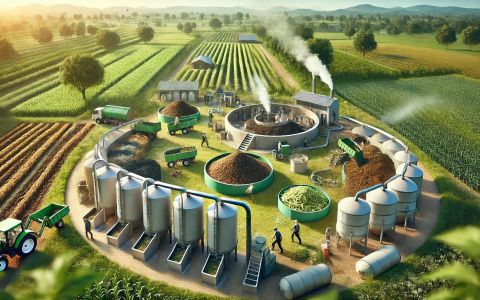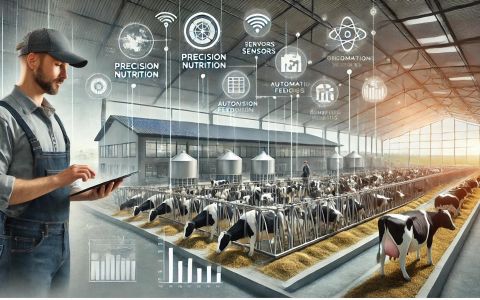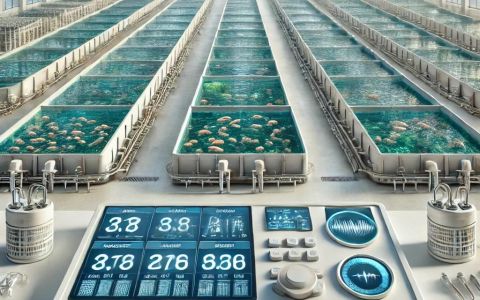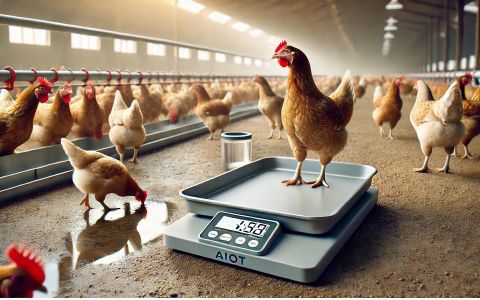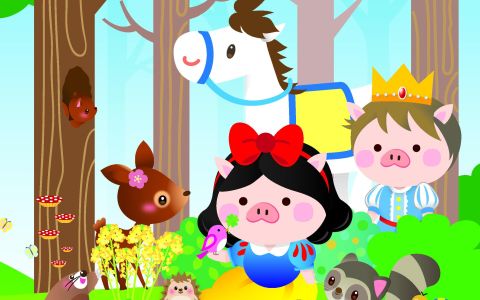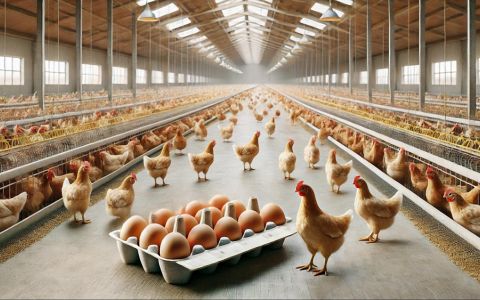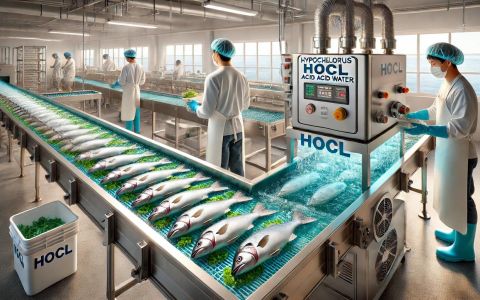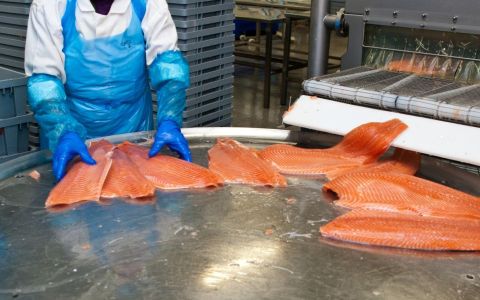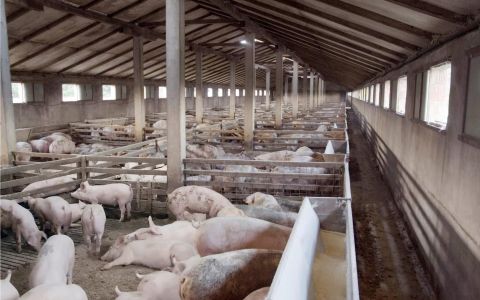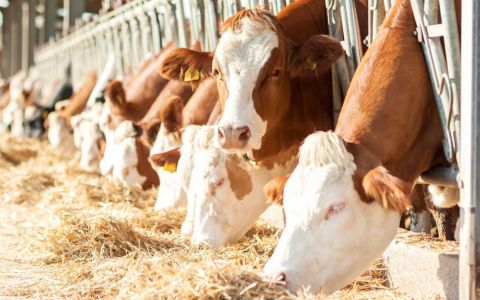Electric agricultural machinery saves energy, reduces carbon emissions, and undergoes upgraded management, enabling the agricultural industry to move towards technological advancement.
Electric agricultural machinery conserves energy and reduces carbon emissions.
Climate change has recently received significant attention, and countries around the world have set clear carbon reduction goals, with sustainable agriculture gaining prominence. Traditional agricultural machinery, mostly powered by diesel, is one of the primary sources of carbon emissions in agriculture. To respond to the call for net-zero emissions, countries are encouraging farmers to use electric agricultural machinery that reduces carbon emissions. Electric agricultural machinery also offers advantages such as low noise, low vibration, low waste heat, and easy startup. If they can be charged with renewable energy sources like solar power or wind power, it further enhances energy savings and carbon reduction efforts.
Electric agricultural machinery addresses the issue of labor shortage in agriculture.
In the face of challenges such as aging farmers, declining birth rates, and labor shortages in agriculture, the evolution of agricultural machinery has followed suit by incorporating industrial technology to enhance agricultural equipment. This shift aims to reduce labor and effort while embracing electrification. Additionally, the integration of artificial intelligence and unmanned drone technology allows for diverse control of agricultural machinery, promoting agricultural advancement. This assists farmers in addressing field management issues and maximizing profits.
The current development of electric agricultural machinery in Taiwan is as follows.
Department of Smart and Quality Agriculture, MingDao University
Under the Agricultural Development and Extension Agency (ADEA) of Taiwan's Council of Agriculture, the "Agricultural Machinery Sharing Program" has been implemented. It is the only program in Taiwan that establishes agricultural machinery rental stations to provide electric agricultural machinery for farmers to use. By adopting a rental-based service model, the program aims to promote the concept of sharing economy and sustainable agriculture, emphasizing "renting" instead of "buying" and "using" instead of "owning." Through the efforts of the Council of Agriculture, this program will be expanded to various regions nationwide.
YU NUNG AGRICULTURAL MACHINE FACTORY CO.,LTD.
In response to the demand for agricultural mechanization, self-developed transplanting machines and cultivators have been created. The successful development of small gasoline engines marked a departure from the market dominance of Japanese engines. Taiwan's domestically produced agricultural machinery achieved the highest records in both domestic and international sales. Additionally, Taiwan became the exclusive distributor of "tractors" from JOHN DEERE, the world's oldest and most renowned company in the field, and obtained the top position in terms of sales growth rate in the Asian tractor market.
DROXO Technology Co.,Ltd.
Starting as an entrepreneurial venture in the field of unmanned aerial vehicle (UAV) technology, the company entered the agricultural UAV market. This includes various types of spraying drones and crop health multispectral detection. They have quickly commercialized these technologies and continuously adapted to customer demands. Their ongoing research and development focus on integrating various sensing devices, mechanism design, and automation assistance features. Currently, their product range has expanded from UAVs to large tank-mounted intelligent vehicles and greenhouse automated spraying vehicles.
GOODKYM TECHNOLOGY CO.
They are dedicated to innovative research and have launched various environmentally-friendly and agriculture-specific machinery. Their product, the "Dedicated Wood Chipper for Organic Fertilizer," is designed to shred tree trunks and branches into granular organic fertilizer. The crushing process effectively eliminates parasites and their eggs, significantly reducing pest problems associated with piled branches. This achieves environmental benefits. Their "Rapid Fermentation Machine for Organic Fertilizer" efficiently processes agricultural waste, with a short production time, saving time and electricity. It is environmentally friendly, does not breed mosquitoes, does not generate foul odors, and can be set for automatic turning and ventilation.
E Co., Ltd./NICHINO
The company is primarily engaged in the manufacturing, sales, and maintenance of agricultural machinery. Their own brand, "Rinong," specializes in the production of inter-row cultivators. These machines are designed and manufactured to meet the specific planting methods and crop requirements of customers, providing a comprehensive solution from design to production. All their products have passed the performance testing of the Council of Agriculture and are certified by TÜV Rheinland, Germany. Some products have also obtained CE certification for the European market. They are marketed in more than twenty countries.
Other News
Discover how cutting-edge carbon reduction strategies and circular technologies are transforming agriculture, with inspiring examples from Taiwan and Japan leading the way to a greener, more sustainable future.
Integrating smart technologies such as sensors, IoT, and AI into agriculture and livestock sectors enables precise nutritional management, enhancing production efficiency, reducing waste, and promoting environmental sustainability.
This innovative approach combines solar photovoltaic power generation with smart aquaculture technologies, enhancing land use efficiency, stabilizing water quality, and improving farming environments to boost productivity and sustainability in the aquaculture industry.
Integrating artificial intelligence and Internet of Things technologies, AIoT automated poultry scales utilize image recognition to calculate poultry numbers and average weights, uploading data to the cloud for real-time monitoring, thereby optimizing feed management and enhancing farming efficiency.
In 2023, Taiwan's swine industry demonstrated resilience and innovation, supported by government policies such as tax exemptions and the promotion of self-sufficient feed ingredients, leading to a stable foundation and breakthroughs in international markets.
Discover how antibiotic-free feed formulations are revolutionizing the layer industry, enhancing hen health, boosting egg quality, and paving the way for sustainable and safe food production.
Explore how hypochlorous acid water (HOCl) serves as a safe, eco-friendly disinfectant, enhancing biosecurity and promoting sustainable practices in modern farming and aquaculture.
Explore how Taiwan's fisheries industry is advancing seafood processing and cold chain logistics to minimize waste, ensure product quality, and cater to diverse market needs.
Discover how Taiwan's livestock industry is leading the circular economy by turning manure into green energy, organic fertilizer, and valuable industrial resources.
Bacillus and ammonia-oxidizing bacteria are game-changers in livestock production, enhancing animal performance and reducing environmental impact. Through advanced strain selection and innovative applications, these microbes optimize feed efficiency, mitigate ammonia emissions, and promote sustainable farming practices








